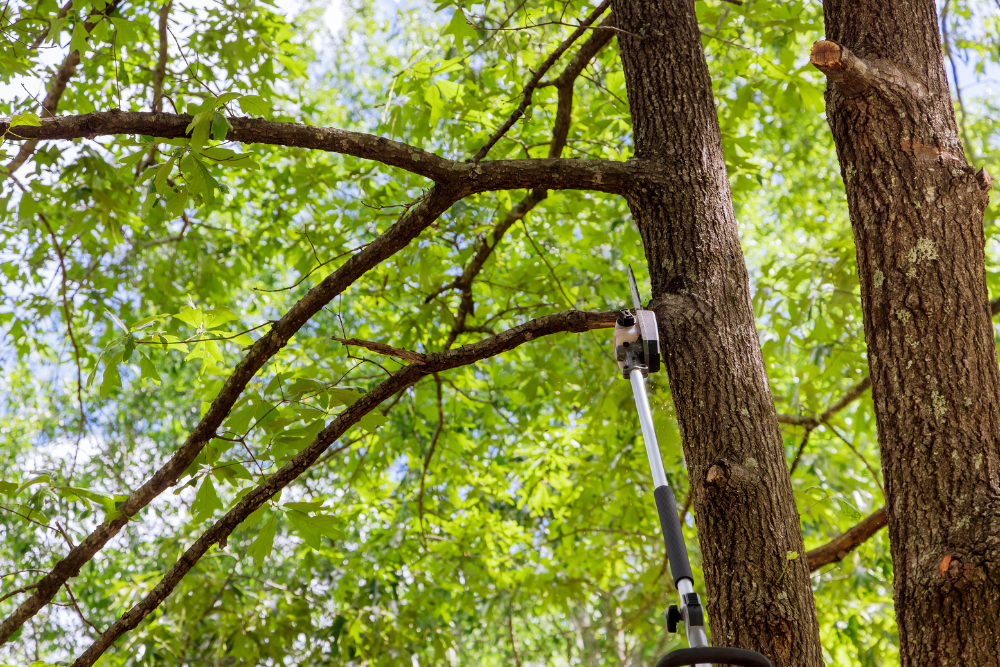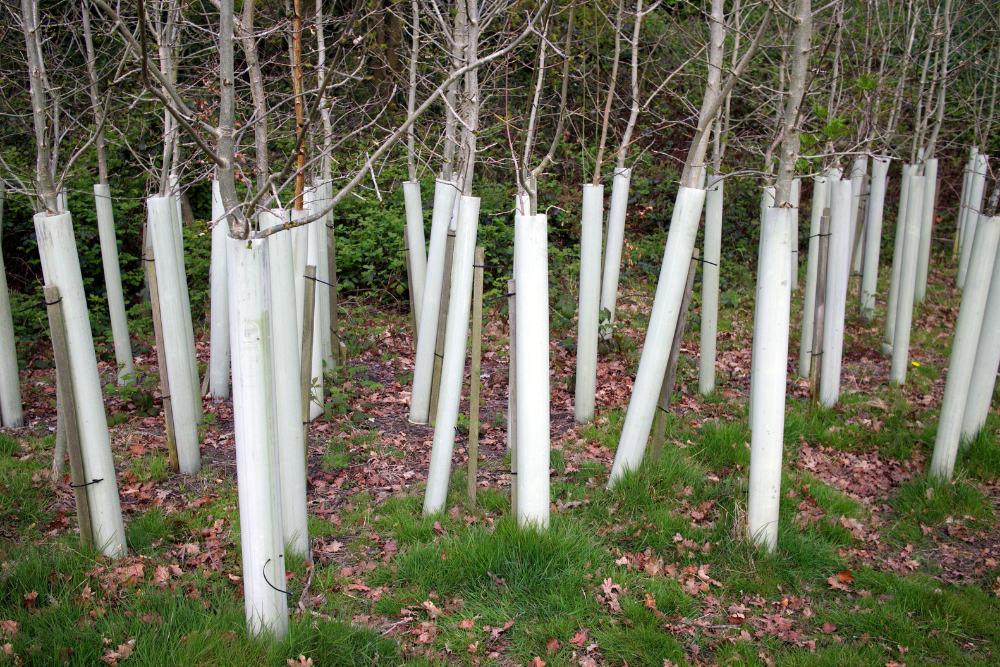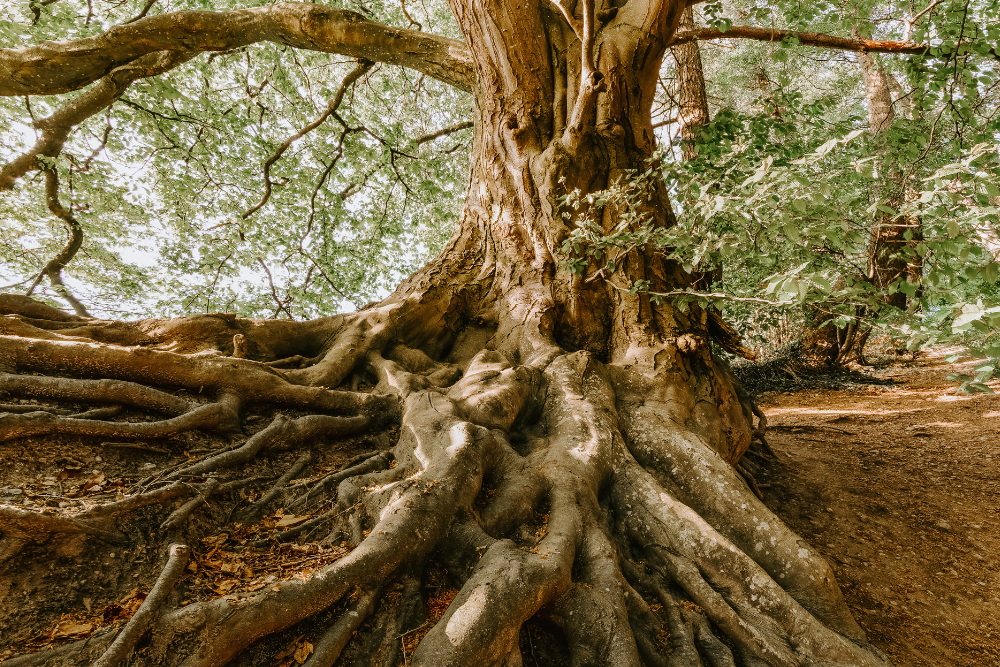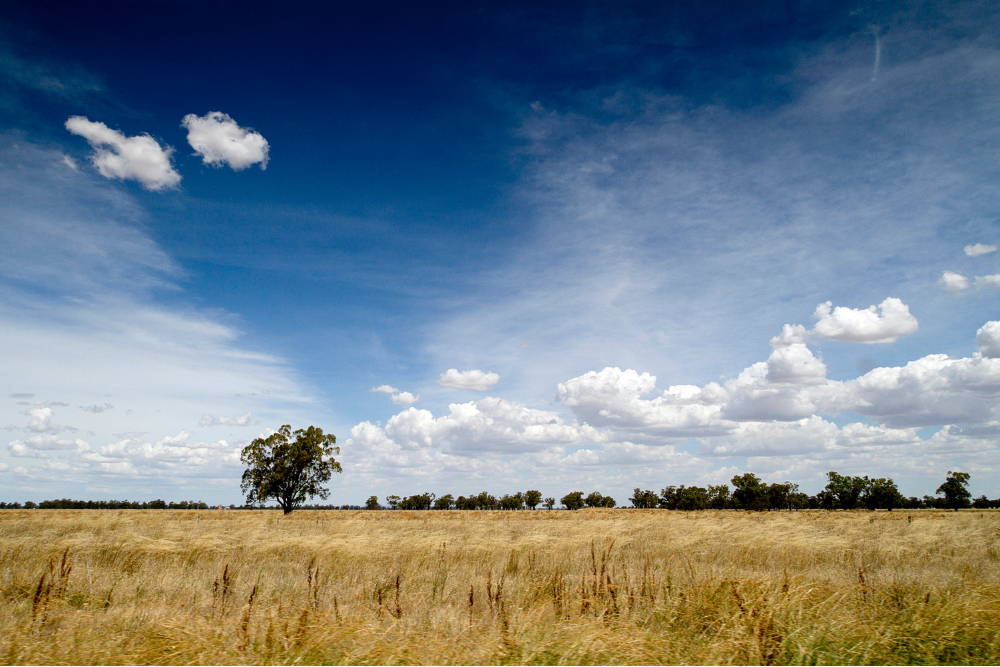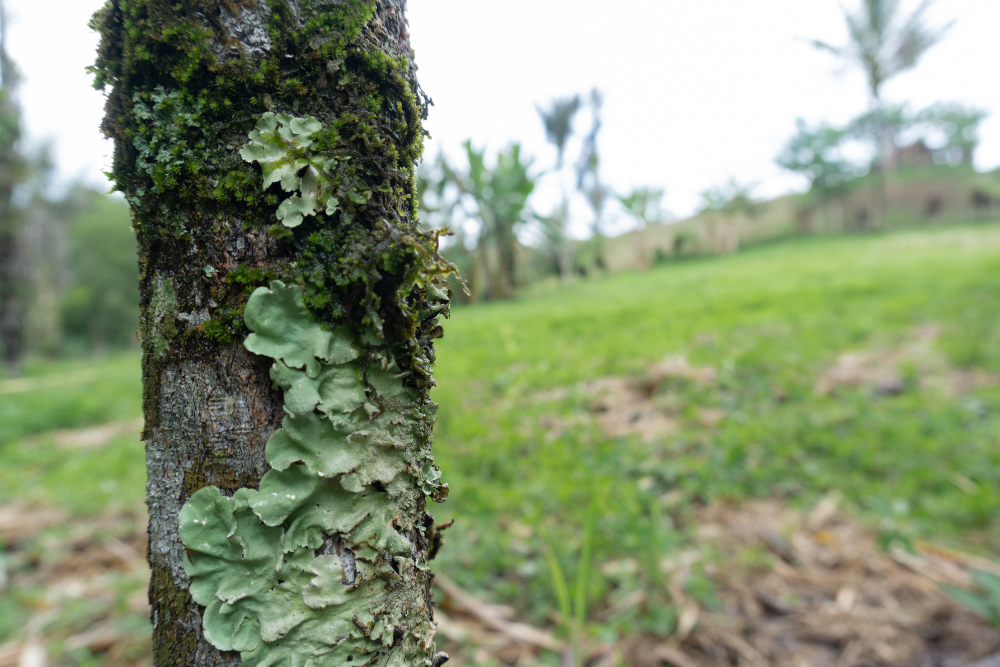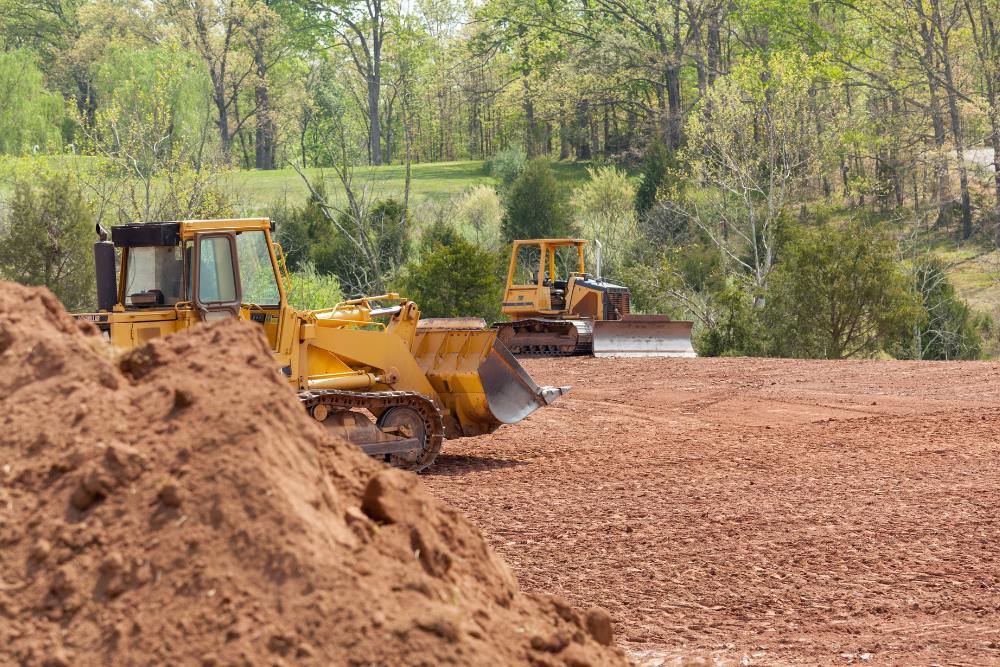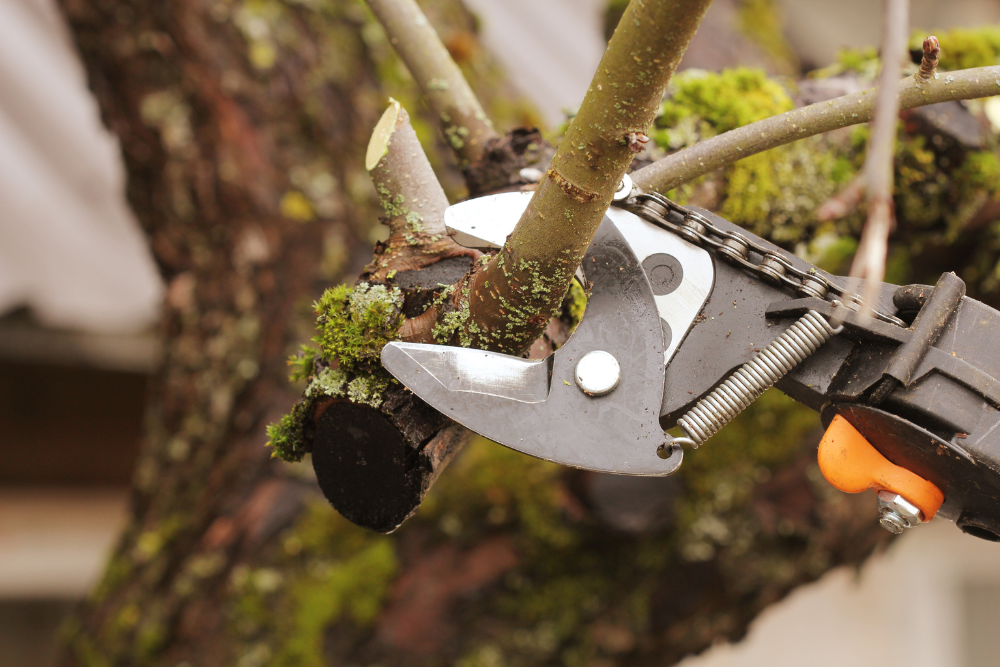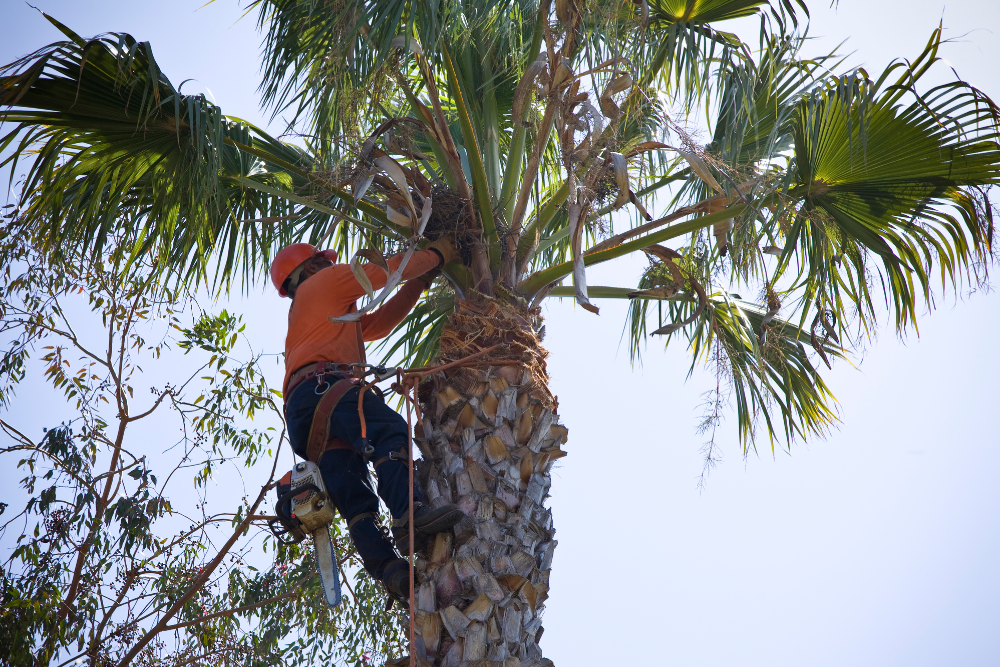How to Prepare Your Trees for Bushfire Season in Western Sydney?
A Homeowner’s Guide to Safer Landscapes, Tree Care & Bushfire Readiness
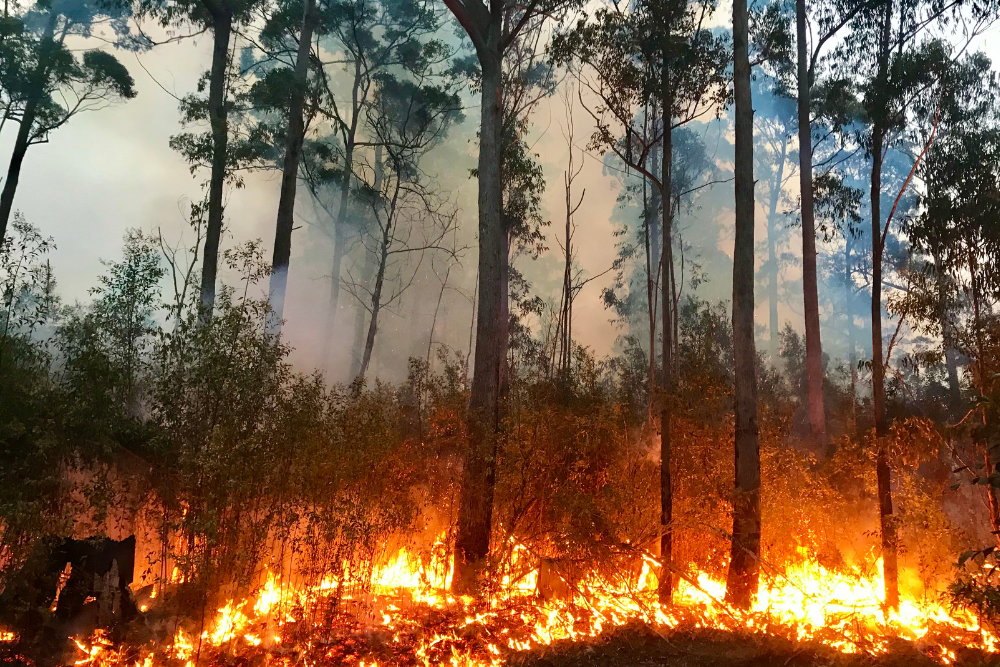
Each year, bushfire season in Western Sydney reminds us of how quickly dry conditions and strong winds can turn vegetation into a serious hazard. While we can’t control the weather, we can certainly reduce risks around our homes—starting with the trees on our properties.
At GDE Tree Services, we help residents and property owners manage their landscapes through sustainable, timely practices focused on bushfire safety. Whether you live in the outer suburbs of Penrith or the bush-adjacent streets of Blacktown or The Hills, this guide will walk you through practical ways to get your trees bushfire-ready—and how our arborists can help.
Why Tree Preparation Matters in Bushfire Season
When it comes to fire risk, overgrown or unmaintained trees can be a major concern. During bushfire season, embers can travel several kilometres, and any nearby dry fuel—like leaf litter or dead branches—can quickly ignite.
According to the NSW Rural Fire Service (RFS), one of the most effective ways to protect your home is by reducing vegetation hazards within 20–30 metres of buildings.
Tree maintenance for bushfire season isn’t just a precaution—it’s a vital part of protecting lives, homes, and entire communities.
🌳 Common risks from trees in bushfire season:
- Overhanging limbs above roofs or sheds
- Dead or dry branches (especially eucalyptus)
- Trees growing too close to power lines
- Thick undergrowth near buildings or fences
- Uncontrolled regrowth after storms or drought
This is where proactive bushfire preparation in Western Sydney really makes a difference.
Step 1: Assess Trees on Your Property
Your first step should be a fire risk tree inspection, especially if you haven’t done one in the past 12 months.
Look out for:
✅ Deadwood or dry limbs
✅ Tree branches within 2 metres of buildings
✅ Overgrown shrubs under tree canopies
✅ Trees crowding each other (poor airflow)
✅ Proximity to fences, sheds, gas meters, or power lines
If you’re unsure how to assess risk levels, our qualified arborists can carry out an inspection tailored to your property’s size, vegetation type, and bushfire zone rating.
🔗 Resource: Check the official NSW RFS Bush Fire Household Assessment Tool to assess your risk level
Step 2: Prune and Trim for Bushfire Safety
Tree pruning for bushfire risk is one of the most effective mitigation strategies.
Our team uses best-practice pruning methods that follow native tree pruning guidelines and fire-safe landscaping techniques.
This includes:
✂️ Crown thinning – to reduce fuel loads and allow air to move through tree canopies
✂️ Removing lower limbs – to prevent “ladder fuel” that carries flames from ground to canopy
✂️ Bushfire safety tree trimming – to create buffer zones around structures
✂️ Clearing tree limbs near power lines – always leave this to trained professionals
Fire-safe property maintenance is just as much about what you take away as it is about what you keep. We prune in a way that balances hazard reduction with tree health and ecosystem value.
Step 3: Remove High-Risk Trees Responsibly
Sometimes, tree removal for fire safety becomes necessary—particularly if the tree is dying, diseased, or dangerously close to structures.
We understand that removing a tree can be a big decision, so our arborists provide expert advice based on both council regulations on tree removal in NSW and the NSW RFS’s tree management guidelines.
At GDE Tree Services, we assist with:
- Emergency tree removal Western Sydney-wide
- Hazardous tree removals near homes, driveways, or power infrastructure
- Clearing trees near homes Western Sydney councils have flagged as fire risks
- Managing approvals with local councils, especially in fire-prone zones
Our tree removal in Western Sydney always follows sustainable practices. Where possible, we mulch and recycle debris, minimise ground disturbance, and preserve native habitats.
Step 4: Create Fire-Safe Landscaping
Bushfire preparation isn’t only about trees—it’s about creating a fire-resilient landscape.
A few tips for fire-safe landscaping in Western Sydney:
- Use fire retardant plants NSW recommends, like Brachyscome, Lomandra, and native grasses
- Keep garden beds free of dry leaves and bark mulch
- Maintain clear access paths around your home for firefighters
- Avoid storing firewood or garden waste close to the house
We can help you design a fire-safe landscaping plan that still looks great and supports biodiversity.
Step 5: Ongoing Tree Maintenance & Monitoring
Bushfire safety isn’t a one-off job. Ongoing tree maintenance is essential, especially in a climate that’s becoming hotter and drier.
We offer scheduled services for:
- Hazard reduction Western Sydney properties need year-round
- Seasonal tree trimming near power lines
- Storm damage clean-ups and urgent removals
- Sustainable mulching and debris removal
- Arborist Western Sydney bushfire prep reports for insurance or compliance
And yes—we always clean up after ourselves.
How We Support Sustainable Bushfire Preparation
At GDE Tree Services, we believe in protecting homes and nature together.
We minimise chemical use, avoid unnecessary removals, and choose low-impact equipment wherever possible. Our team stays updated with the latest Rural Fire Service tree guidelines and local council rules so that you can prepare your property the right way.
We’re not just here for the emergencies—we’re here to help Western Sydney build fire-ready communities, one tree at a time.
Final Thoughts: Don’t Leave It Too Late
If you’ve been thinking about getting your trees checked or trimmed before the next bushfire season, now’s the time. A small effort today could mean a safer home tomorrow.
🔥 Need help with bushfire preparation in Western Sydney? GDE Tree Services is here to support you with professional advice, prompt service, and peace of mind.
—
📞 Ready to get started?
Contact us today to book your bushfire risk assessment or get a quote for tree removal in Western Sydney.

